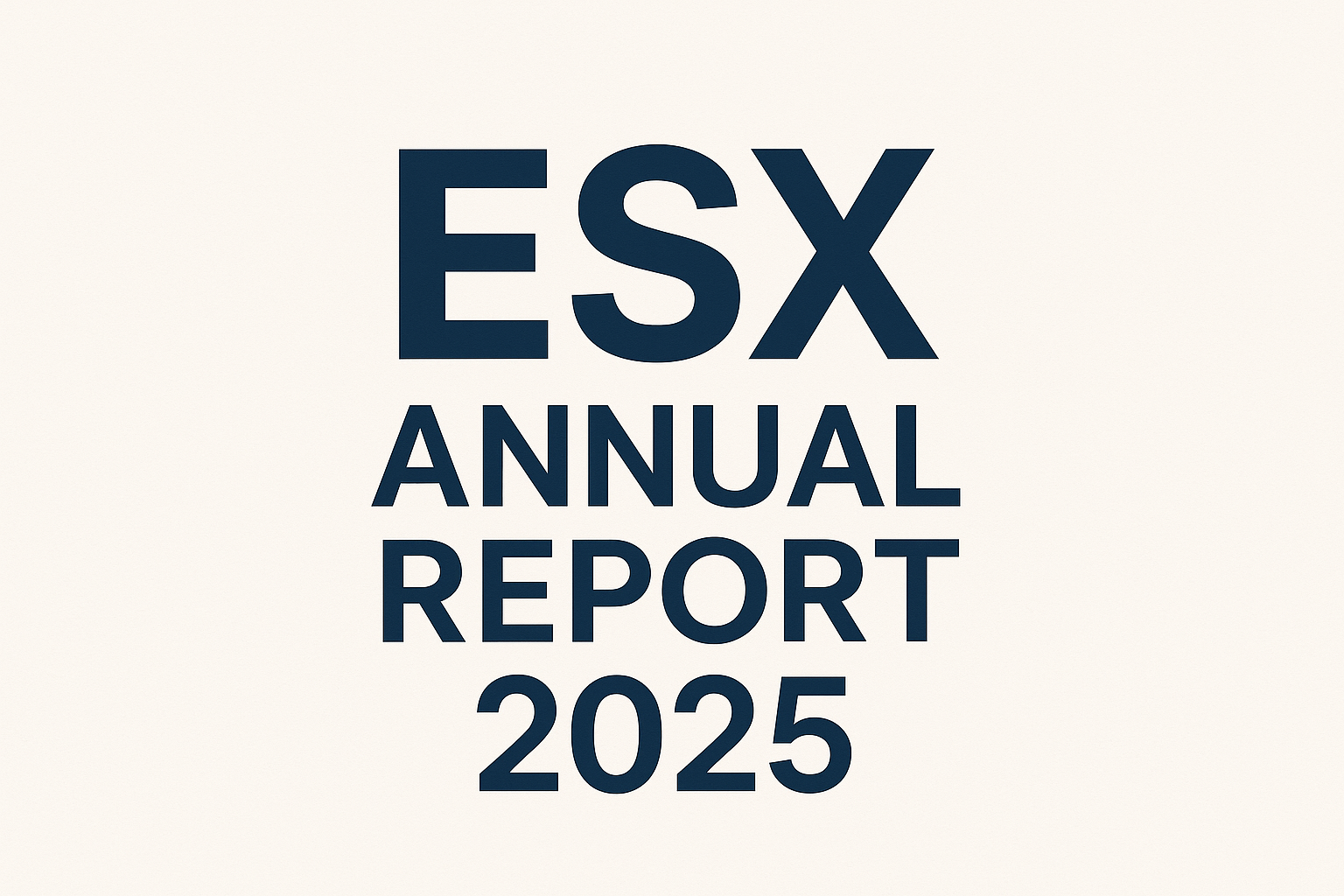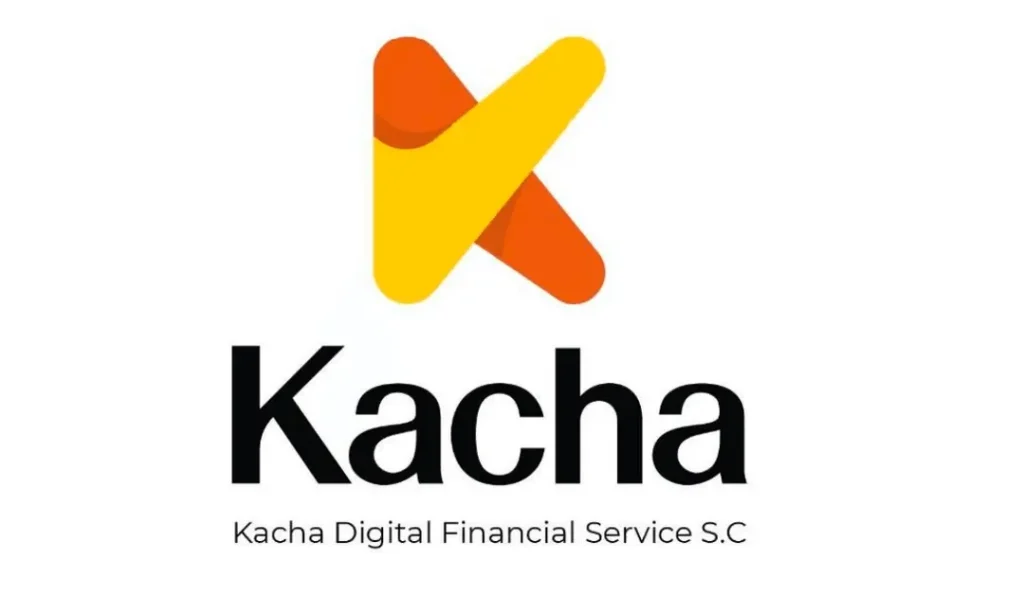Biofuel self-sufficiency in Ethiopia?
Key points;
- Ethiopia launches a 23,000-hectare biofuel hub to cut fuel imports.
- SAF production to aid Ethiopian Airlines’ net-zero goals.
- Cassava and sugarcane farms to boost rural incomes.
- Supports Ethiopia’s broader green economy and EV push.

Ethiopia is embarking on a major biofuel initiative to reduce reliance on imported fuels and drive its green transition through a 23,000-hectare agricultural biorefinery developed by the state-owned Ethiopian Minerals Corporation (EMC) and UK-based Sunbird Bioenergy Africa, under a Memorandum of Understanding signed in October 2025. The facility, expected to be operational by 2030, will cultivate cassava and sugarcane to produce sustainable aviation fuel (SAF), clean cooking fuel, and transport ethanol blends. Once fully developed, it could expand to 200,000 hectares, generating approximately 120,000 jobs, and producing around 600 million litres of renewable fuel annually. In its first phase (2025–2030), the hub will produce 40–60 million liters of SAF annually for Ethiopian Airlines, 120–150 million liters of clean cooking fuel to replace kerosene and charcoal, and 115–230 million liters of ethanol for E10–E20 transport blends, helping substitute a portion of Ethiopia’s $5 billion annual fossil fuel imports. The project strategically uses high-yield, drought-tolerant cassava and sugarcane feedstocks sourced from both nucleus farms and local out-growers, boosting rural incomes and agricultural-led industrialisation. Sunbird Bioenergy, with a strong track record in Zambia and Sierra Leone, will manage renewable fuel production and technology adaptation, while EMC contributes industrial expertise, infrastructure, and logistics. This public–private partnership, supported by potential World Bank climate finance, is seen as a cornerstone of Ethiopia’s green economy agenda—enhancing energy security, reducing greenhouse gas emissions, and building a sustainable domestic biofuel industry.
Ethiopia’s new biofuel hub complements its broader green transition, driven by bold clean energy and transport reforms. The government has promoted electric vehicles, with over 115,000 registered, by banning fuel-car imports and offering tax incentives, while expanding renewable power from the Grand Ethiopian Renaissance Dam to supply cheap electricity. Simultaneously, Ethiopia is using domestic gas resources to produce LNG and promote CNG vehicles, targeting one million by 2027 with full tax exemptions. Under its Climate Resilient Green Economy agenda, the country is also rewarding manufacturers that use renewable energy and considering stronger incentives for biofuel investors. Learning from failed 2000s-era biofuel projects, Ethiopia now follows a more strategic, evidence-based plan shaped by a 2021 Sustainable Aviation Fuel roadmap developed with Boeing and RSB laying the foundation for the Sunbird-EMC biorefinery and a credible shift toward fuel self-sufficiency.
Ethiopian Airlines, Africa’s largest and most influential carrier, is central to Ethiopia’s Sustainable Aviation Fuel (SAF) drive, aligning national ambitions with global decarbonization goals. As an IATA member committed to net-zero emissions by 2050, the airline faces mounting pressure to adopt SAF well before that deadline. Its partnership with EMC and Sunbird Bioenergy marks a pivotal step toward securing a local SAF supply, enabling Ethiopia to decarbonise aviation without depending on costly imports or carbon offsets. However, SAF remains in its infancy worldwide, representing less than 0.1% of global jet fuel use in 2023 and costing nearly four times more than conventional fuel. Recognising this, the Ethiopian project aims to start with a 10% blendi Erroring global peers like Qantas before scaling up as efficiency and affordability improve. Leveraging its vast agricultural base for feedstock and abundant renewable power for refining, Ethiopia is positioned to become a regional leader in low-carbon aviation fuels.
Beyond aviation, the biofuel initiative fits into Ethiopia’s broader industrialisation and green manufacturing agenda, effectively creating a new sub-sector that bridges agriculture and energy. It complements emerging industries such as electric vehicle assembly and chemical production, diversifying GDP sources while advancing climate goals. Recent policy shifts also reflect Ethiopia’s evolving industrial strategy from blanket tax holidays in the 2010s to performance-based incentives that reward firms using renewable energy or boosting exports. For the EMC–Sunbird biorefinery, this means potential benefits like reduced corporate taxes or duty-free imports on renewable equipment if sustainability benchmarks are met. The government’s approach balances short-term tax revenue losses with long-term economic and environmental gains: replacing a share of the country’s $5 billion annual fuel imports with domestic ethanol and SAF would strengthen the trade balance, create jobs, and expand the taxable industrial base. Meanwhile, higher excise taxes on petroleum fuels (now at 30%) are being reinvested to support renewable projects a deliberate policy mix that penalises polluting fuels while nurturing green ones. Together, these measures reinforce Ethiopia’s 10-Year Development Plan (2021–2030), positioning biofuels not only as an environmental solution but also as a strategic pillar of sustainable industrial growth and energy independence.
Ethiopia’s biofuel strategy represents more than just an energy initiative it’s a blueprint for industrial transformation and climate resilience. By producing Sustainable Aviation Fuel (SAF), ethanol, and clean cooking fuels domestically, Ethiopia seeks to replace billions in fossil fuel imports while creating thousands of green jobs. The EMC–Sunbird partnership bridges agriculture and energy, integrating smallholder farmers into industrial value chains and positioning the country as a regional leader in sustainable fuel production. Yet, challenges remain: global SAF technology is still costly and immature, requiring patient capital, policy stability, and technical expertise. Success will depend on transparent governance, reliable feedstock supply chains, and coordination across ministries. If these elements align, Ethiopia’s biofuel hub could become a flagship model for Africa’s green transition turning past failures into a foundation for energy sovereignty and climate-smart industrialisation.






